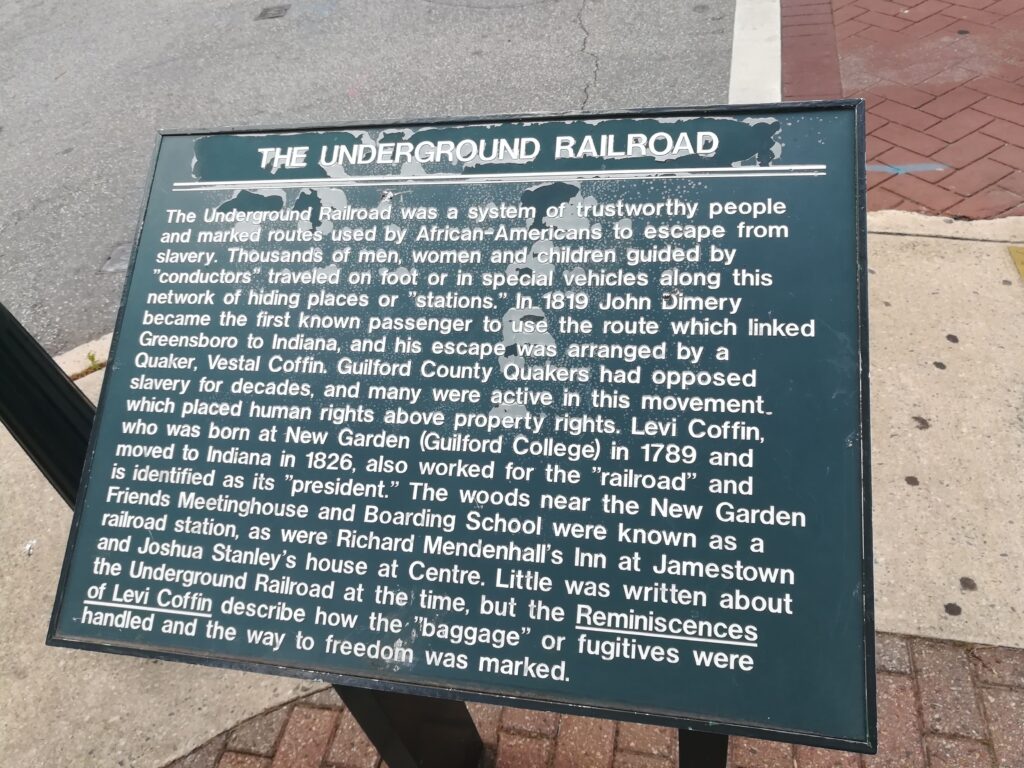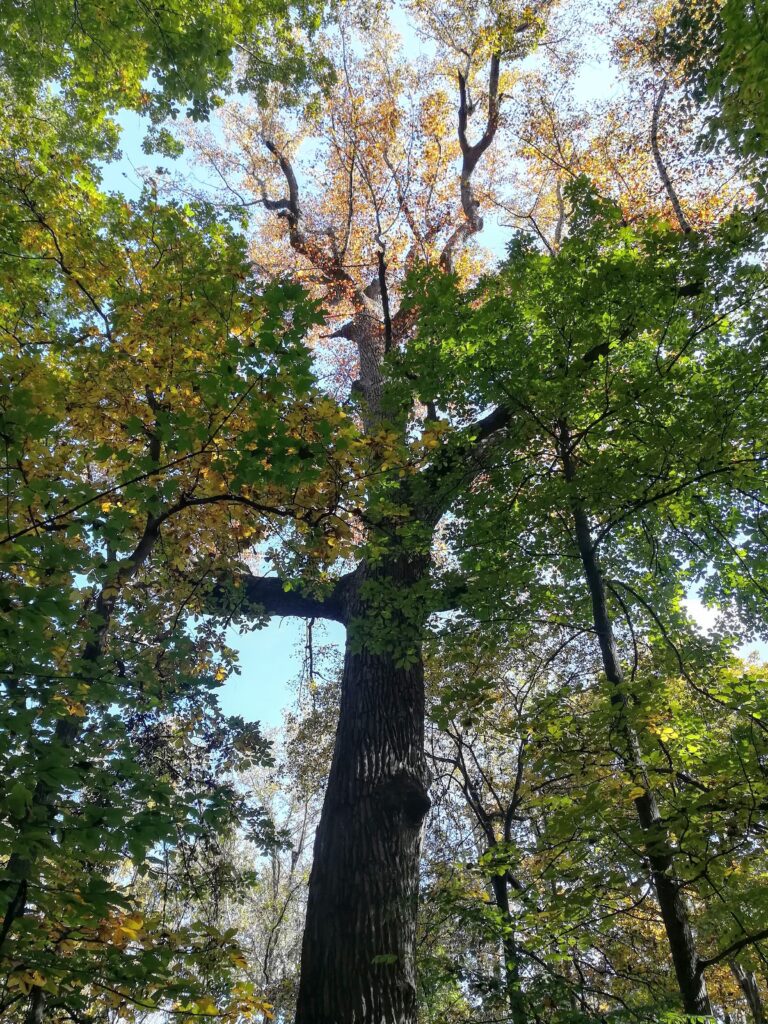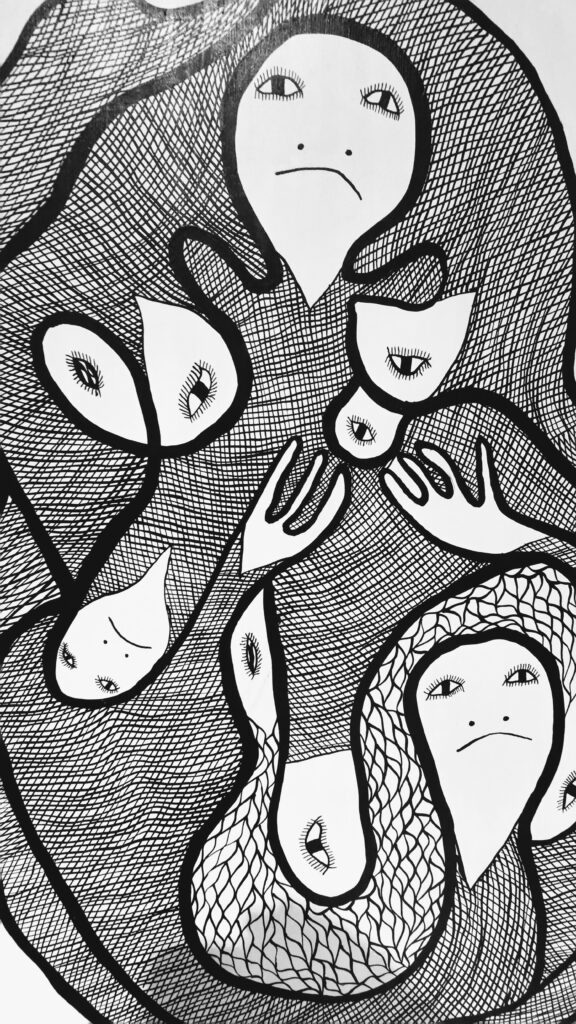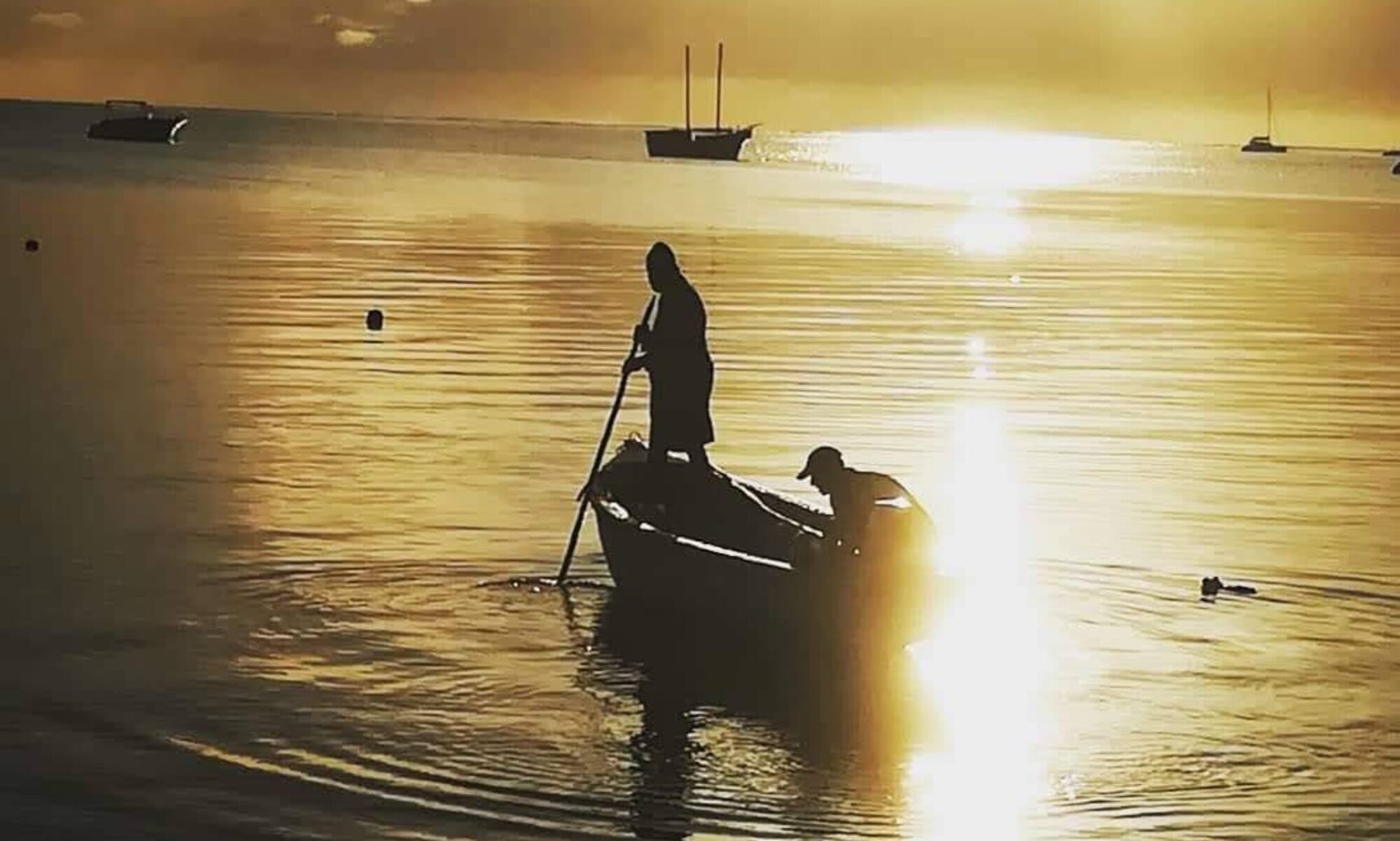
I am not Black but like so many others, I have a sense of the immense injustice and struggle Black people in America have endured for so long. I recently finished watching The Underground Railroad mini-series based on the Pulitzer Prize book by Colson Whitehead. The film is both shocking and haunting. It is an unflinching look at the brutality of slavery yet presented in an almost poetic way. This mix of brutality and beauty is not accidental. I’ll come back to that.
The Underground Railroad, which was a secret escape route to the North from the South during the era of slavery. The path, which led through the woods and swamps, was marked by safe houses and supported by human conductors who opposed slavery. One of the first conductors — and a man called the president of the Underground Railroad — was a Quaker named Levi Coffin who came from Greensboro, the city where I live. Levi was moved by his faith which emphasized equality and his own experience seeing slavery up close in the South. He was an ally and helping slaves escape was an act of moral courage with great consequences. Yet, attempting to escape as a slave was an act of greater courage. Being caught meant a slow and torturous death that was intended to terrify the other slaves who may think of escaping.

The Underground Railroad series tells of a woman named Cora who flees a Georgia plantation and was relentlessly pursued by a slave hunter. She never gives up. Through the episodes, the series repeatedly offers hope for Cora and repeatedly descends into horror (won’t offer more spoilers) as the potential for a better life is bitterly crushed. This narrative of setbacks mirrors the Black experience in America — brutality, cause for hope, and repeated horror, and somehow hope again. The ability to rise and hope despite all the setbacks shines in Maya Angelou’s poem, “Still I Rise:”
You may write me down in history

With your bitter, twisted lies,
You may trod me in the very dirt
But still, like dust, I’ll rise.
Does my sassiness upset you?
Why are you beset with gloom?
’Cause I walk like I’ve got oil wells
Pumping in my living room.
Just like moons and like suns,
With the certainty of tides,
Just like hopes springing high,
Still I’ll rise.
I also saw this in the words of Langston Hughes from his poem “I, too, am America” that I read on the walls of the National Museum of African American History and Culture:
I, too, sing America.
I am the darker brother.
They send me to eat in the kitchen
When company comes,
But I laugh,
And eat well,
And grow strong.
Tomorrow,
I’ll be at the table
When company comes.
Nobody’ll dare
Say to me,
“Eat in the kitchen,”
Then.
Besides,
They’ll see how beautiful I am
And be ashamed—
I, too, am America.
Bob Marley offers this refrain of transcending time and struggle in one of my favorite songs:
Old pirates, yes, they rob I
Sold I to the merchant ships
Minutes after they took I
From the bottomless pit
But my hand was made strong
By the hand of the Almighty
We forward in this generation
Triumphantly
What I walk away with from the Underground Railroad is an appreciation for the spirit of the people who have made this horrific journey — stolen from the shores of Africa, bound in chains in the dank holds of slave ships, passed on as property via generations and centuries of brutal plantation slavery, shackled through the era of segregation and overt discrimination, to today’s battles for fairness and equality. Through it all — the horror and hardship — hope prevails with a sense that triumph lies ahead. May that hope be finally and fully redeemed. Soon. And may more of us step forward as modern-day conductors to help those trapped in injustice.
Related Posts:
https://www.linkedin.com/pulse/still-i-rise-reflections-from-national-museum-african-lyndon-rego/
